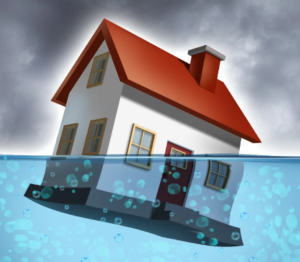April 28, 2025 | 1.5 Minute Read
I can’t predict the future. Nobody can. But we can look at what’s happened before and take a pretty good guess about what might be coming for real estate. Let’s keep it short, sweet, and simple and look at the three kinds of recessions we may face.

Basically, most recessions fit into one of these buckets:
- Tightening monetary policy (e.g., 1970s, 1980s): Real estate demand cools early but often recovers first once rates drop.
- Bubble popping (e.g., 2000s tech crash, 2008 housing crash): If housing is the bubble, home prices drop sharply. Otherwise, real estate is more stable.
- Black swan events (e.g., wars, pandemics): Real estate can act as a safe haven, boosting demand unless the shock directly impacts land stability.
Past Six Recessions Quick Review:
- 1973: Stagflation hurt real estate after inflation and oil shocks.
- 1980: Rate hikes crushed sales; prices fell slightly, recovery was slow.
- 1990: S&L crisis hurt commercial real estate more than residential.
- 2001: Stock crash led investors to real estate; prices stayed strong.
- 2008: Housing bubble burst; home prices plummeted.
- 2020: COVID shock boosted residential prices but hurt office space.
The Next Recession?
Today’s economy shows tightening monetary policy, stock market risk, and rising tariffs—potentially leading to stagflation (slow growth + inflation).
If the next recession is a black swan event or stock market correction, housing might stay resilient. If it’s monetary tightening, prices may stall or dip before rebounding. Lending today is much stricter than 2008, and most homeowners have low rates and high equity, making a housing crash less likely.
Even if the market dips, every recession ends eventually. Over time, real estate values have always climbed higher. The key is making sure you can ride out the storm without getting wiped out.